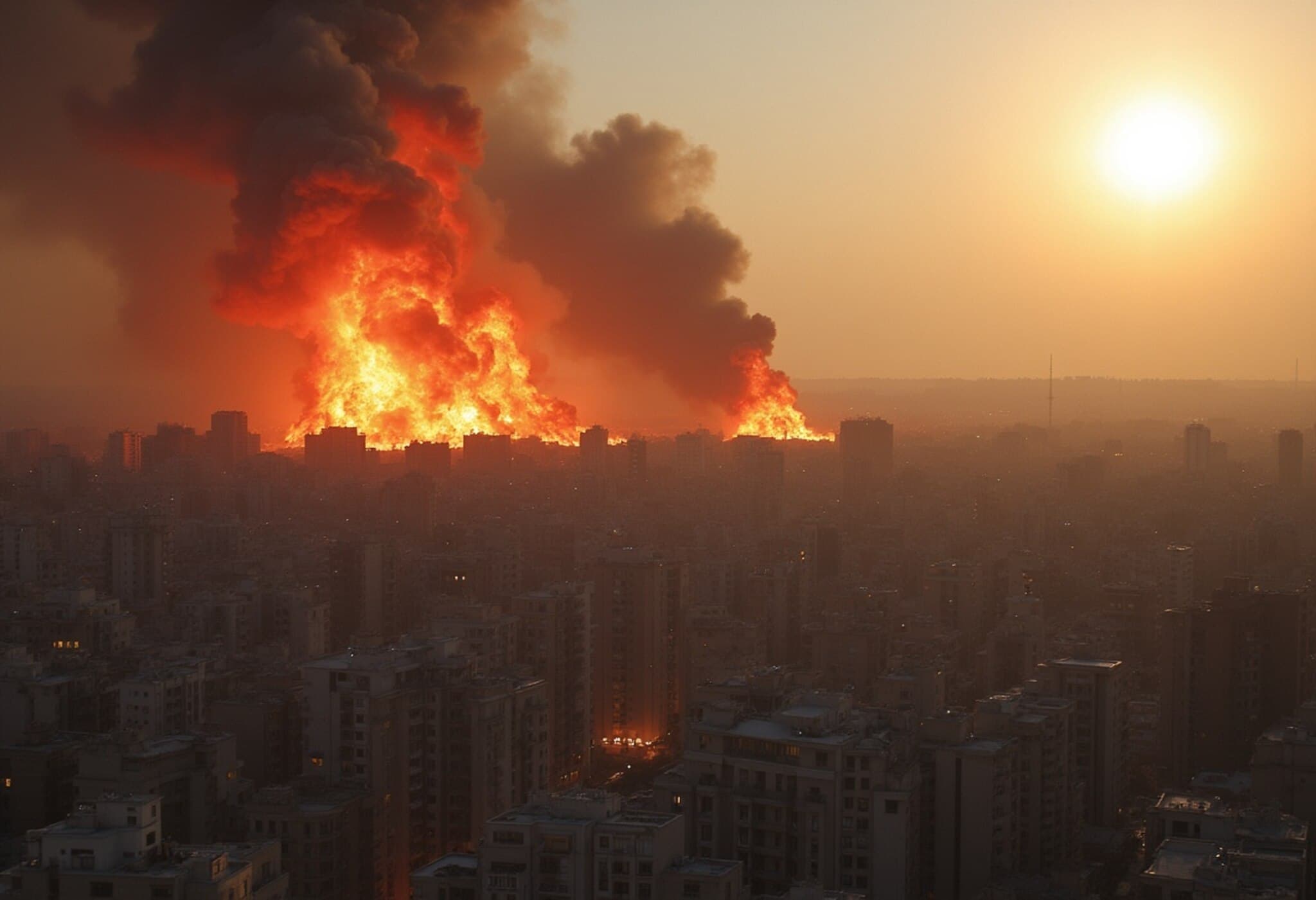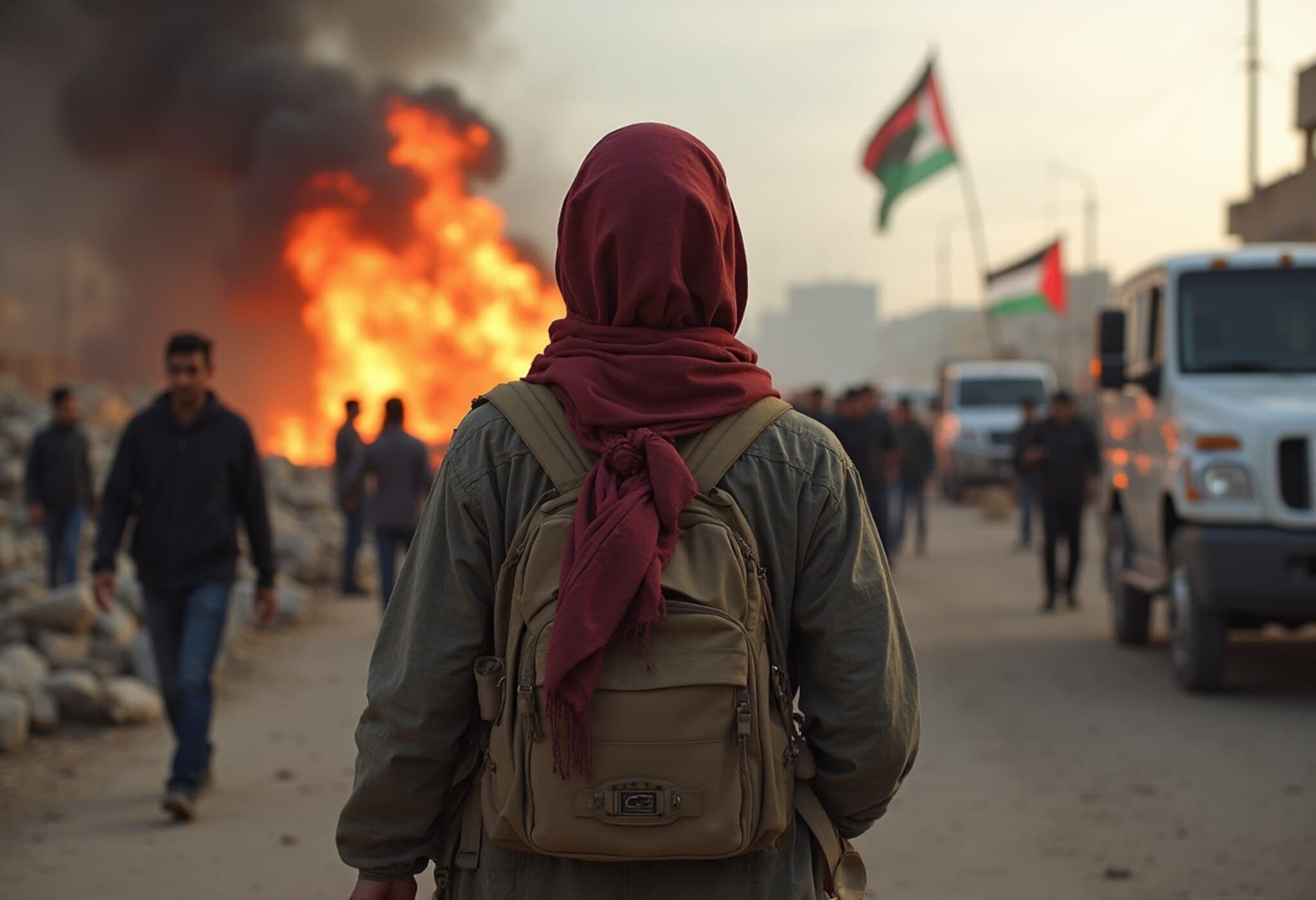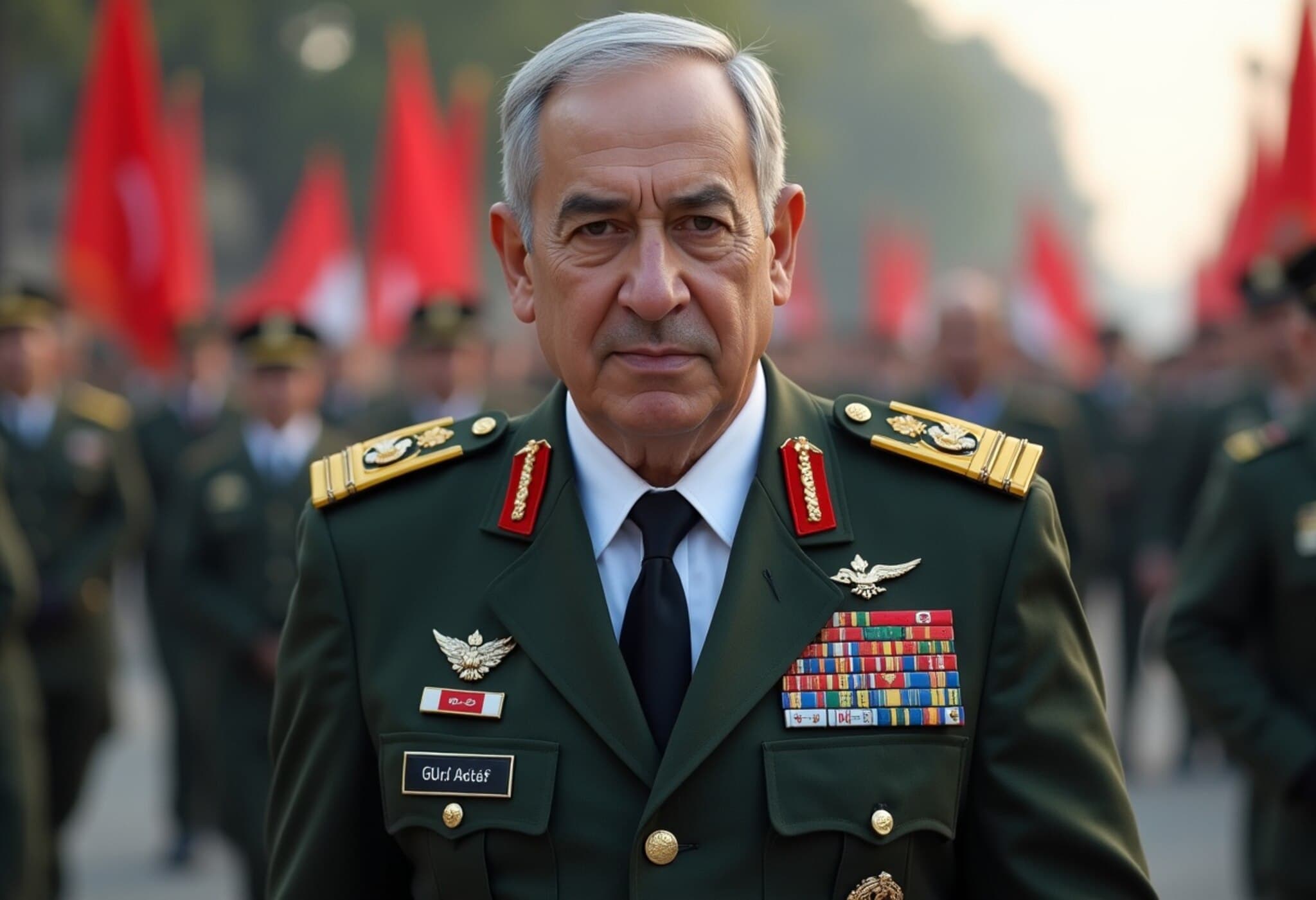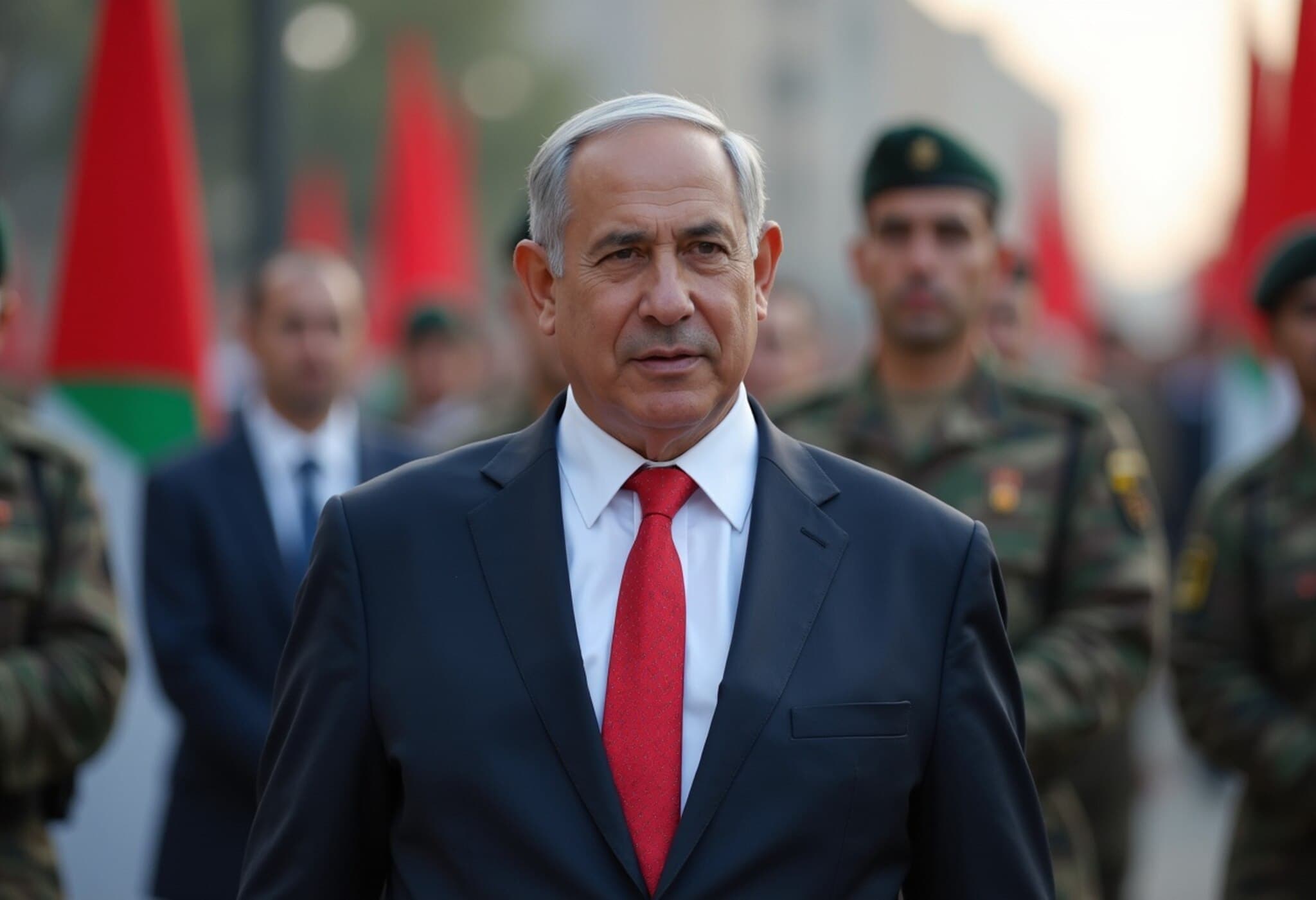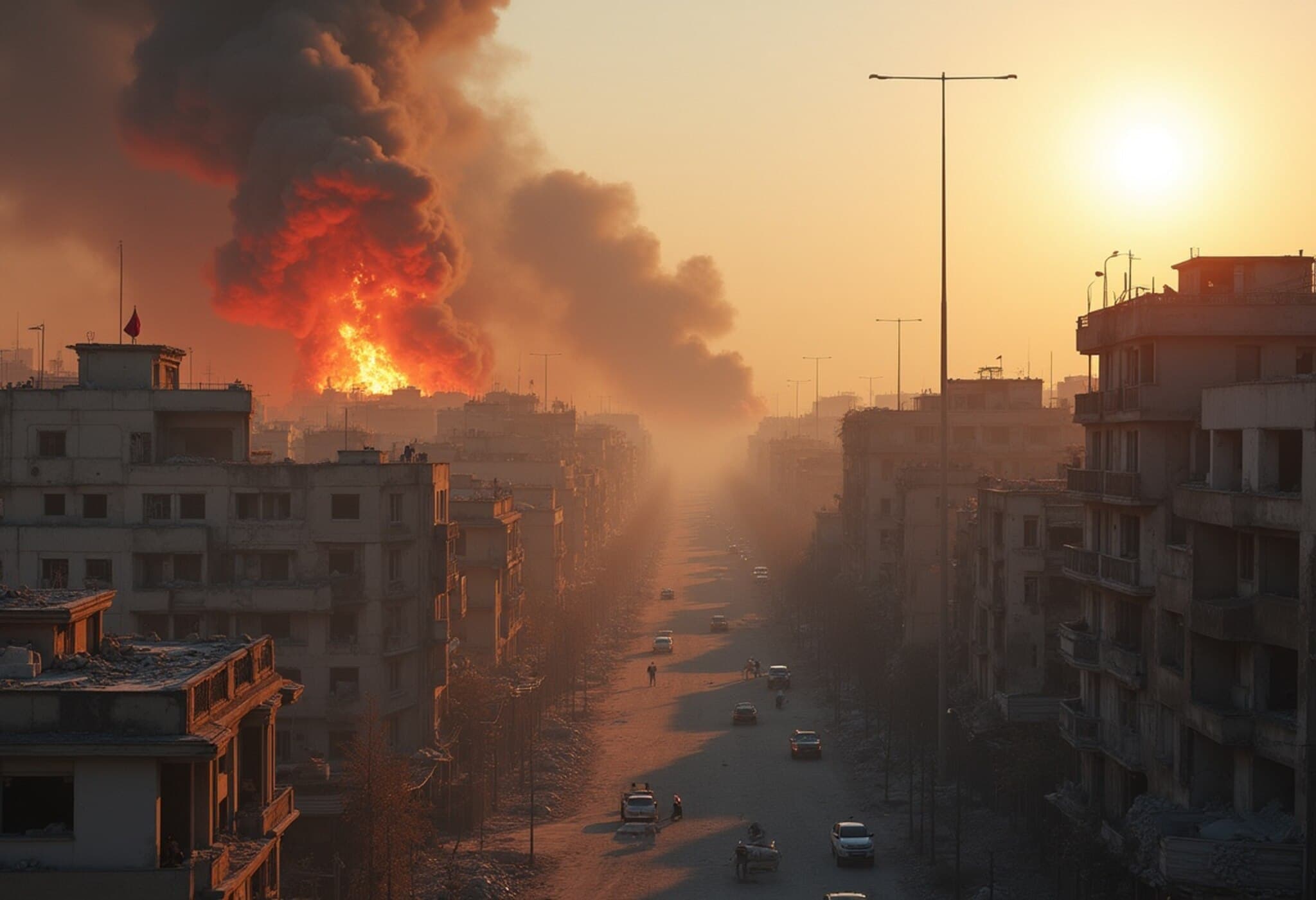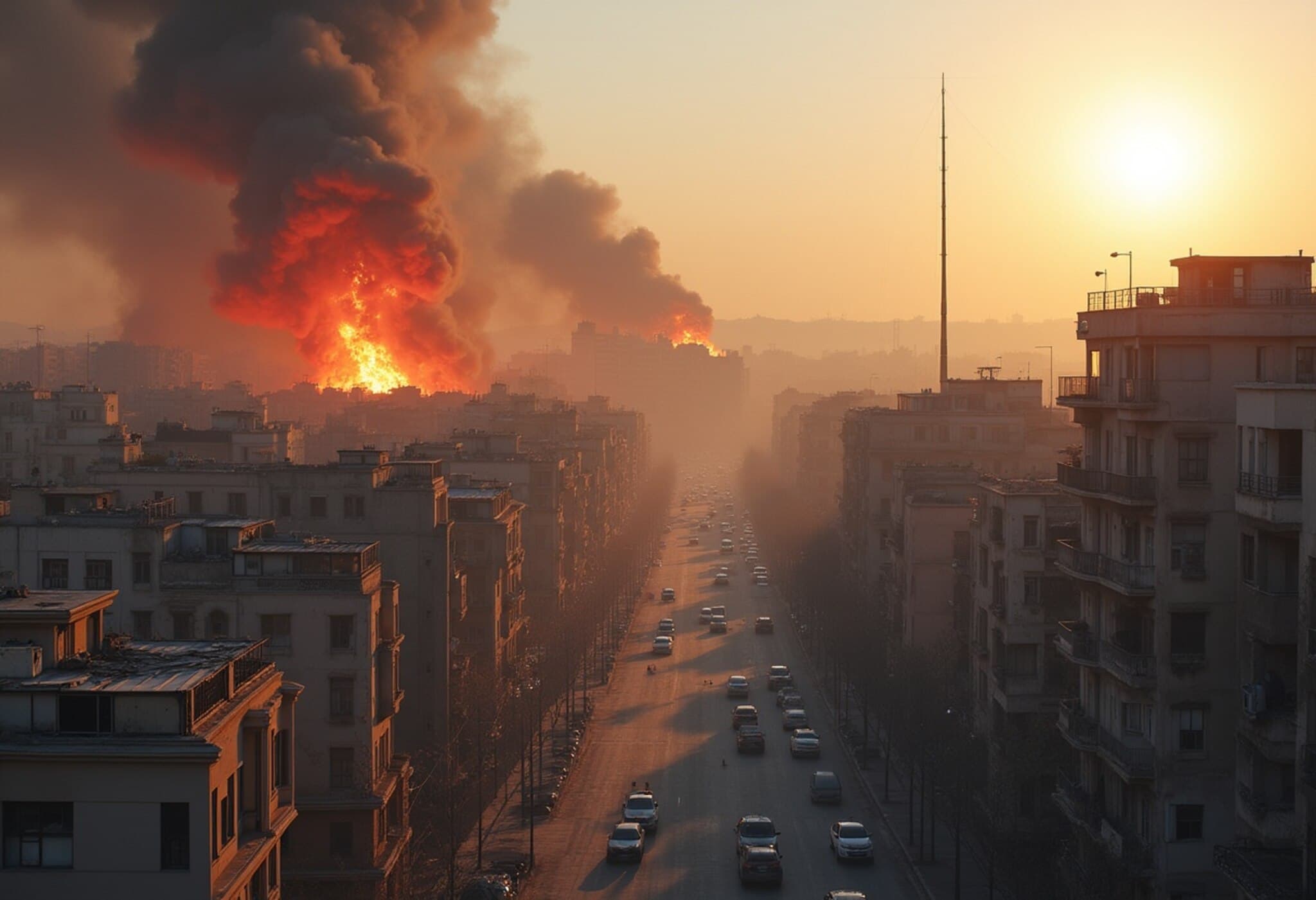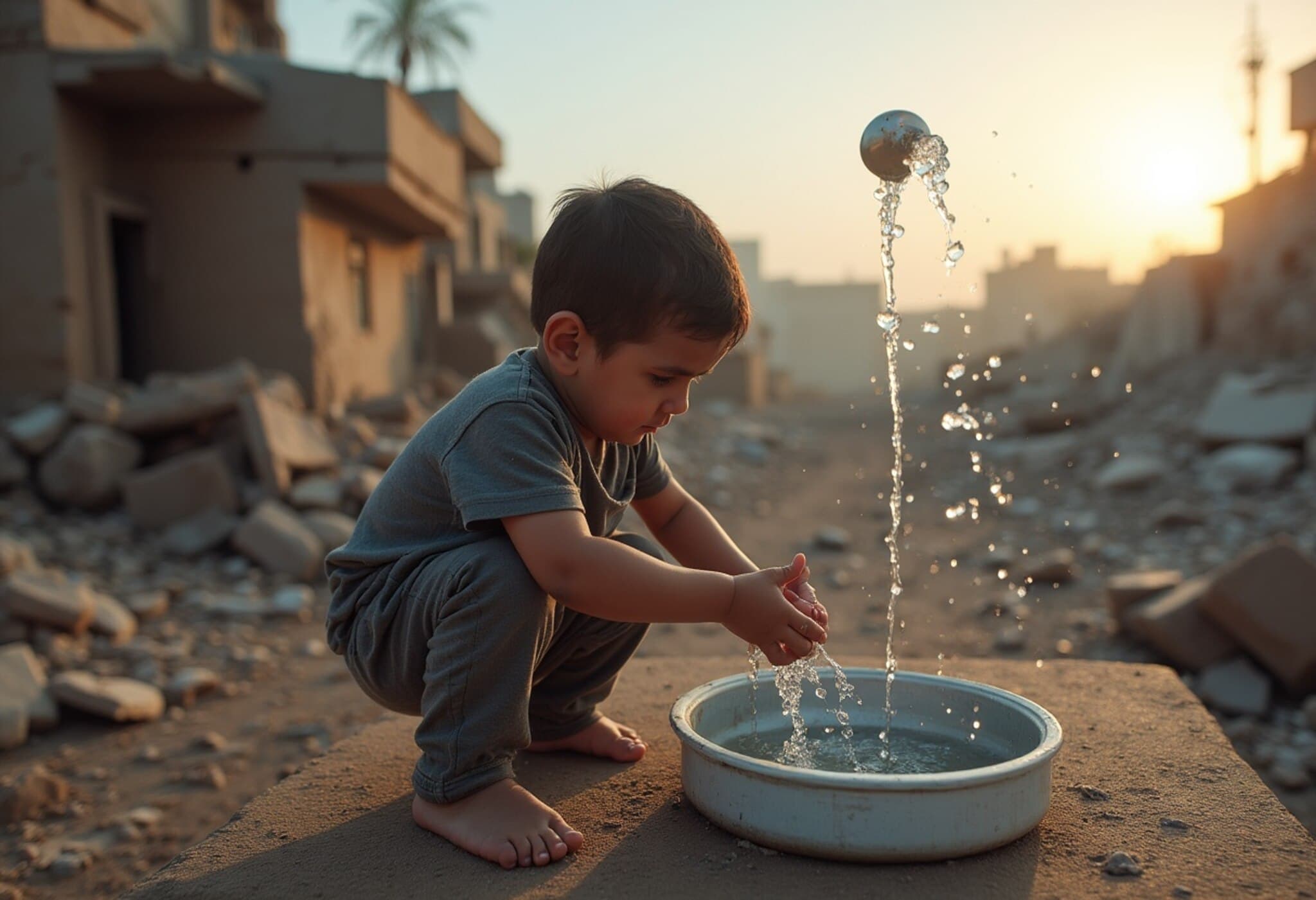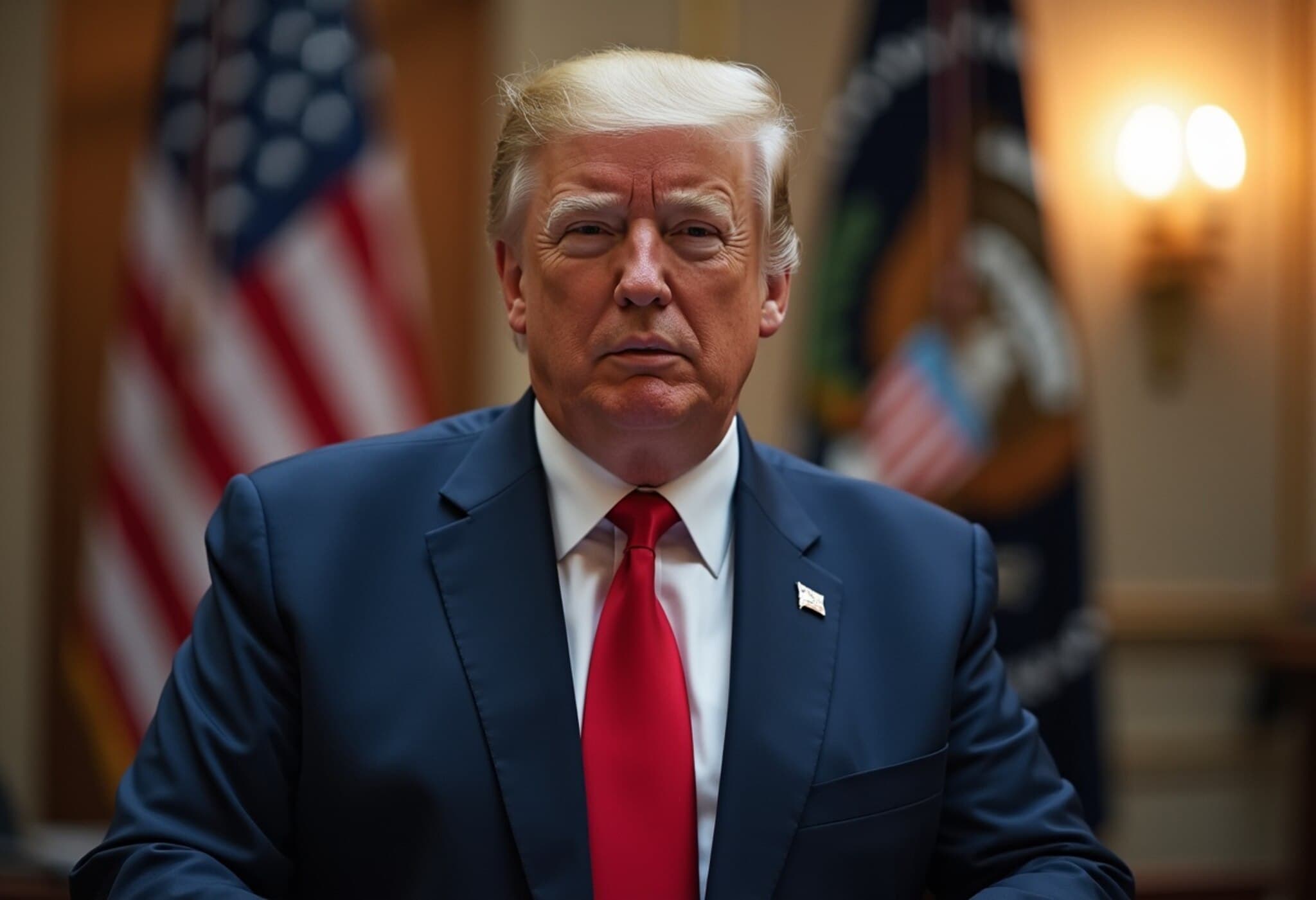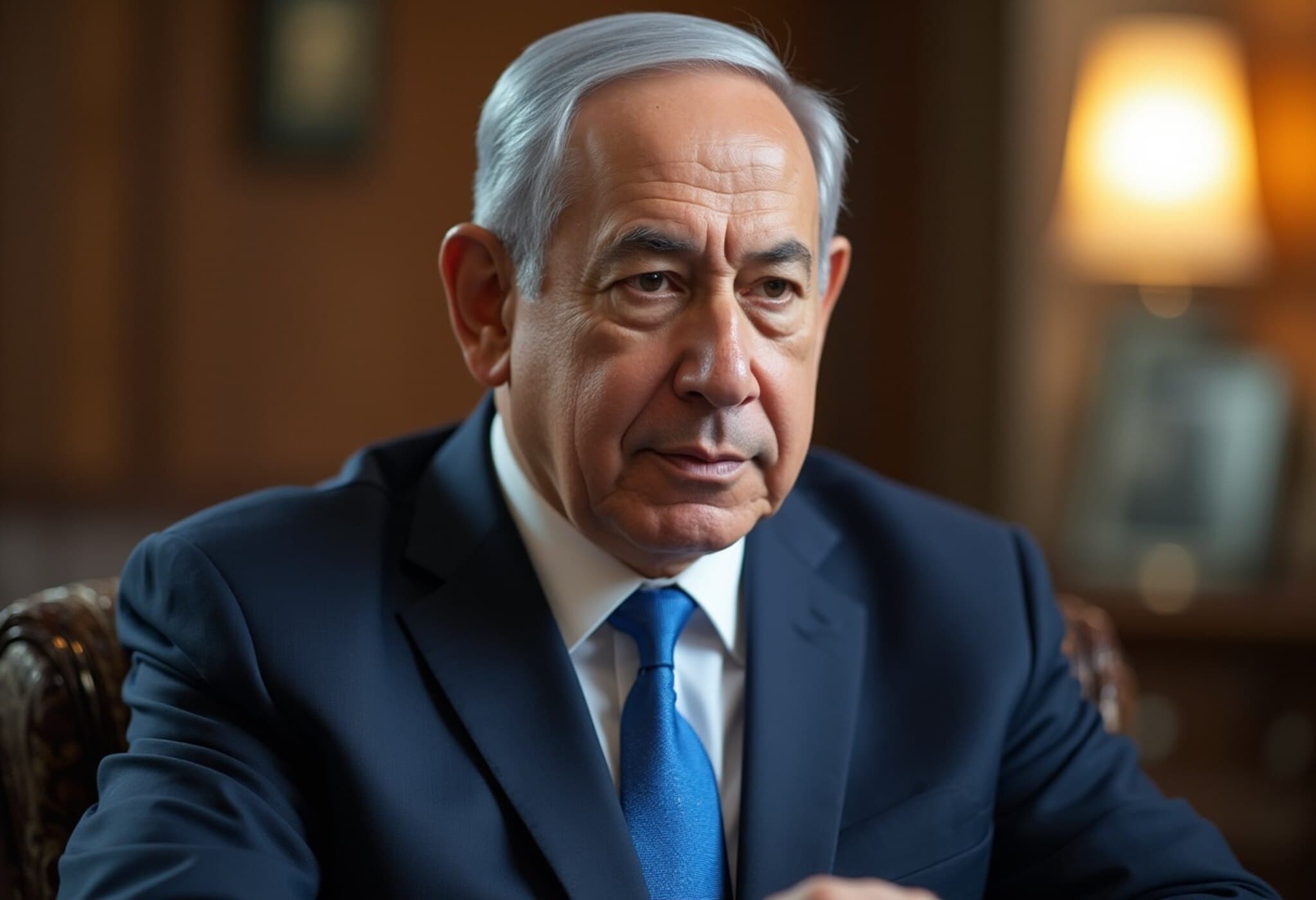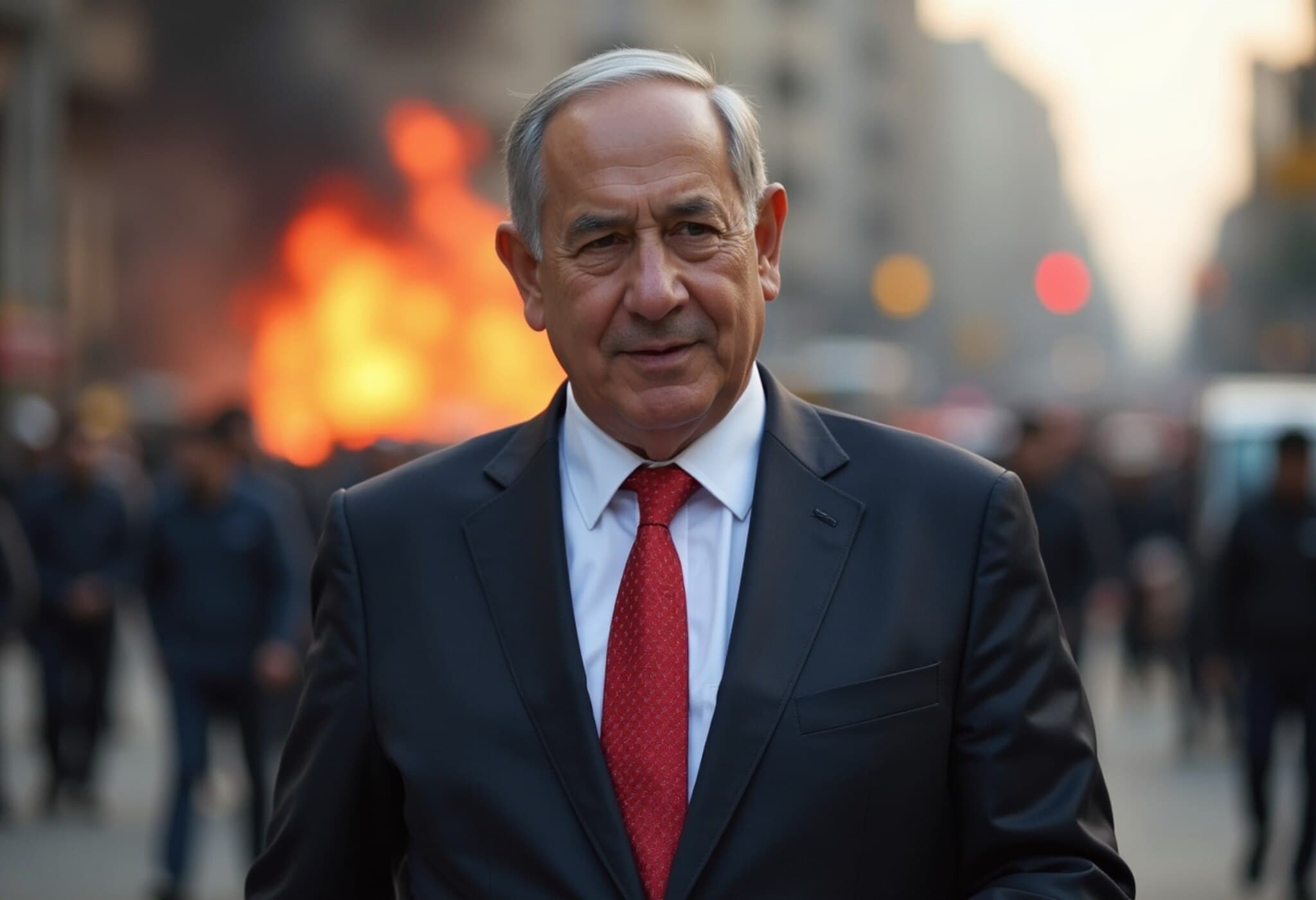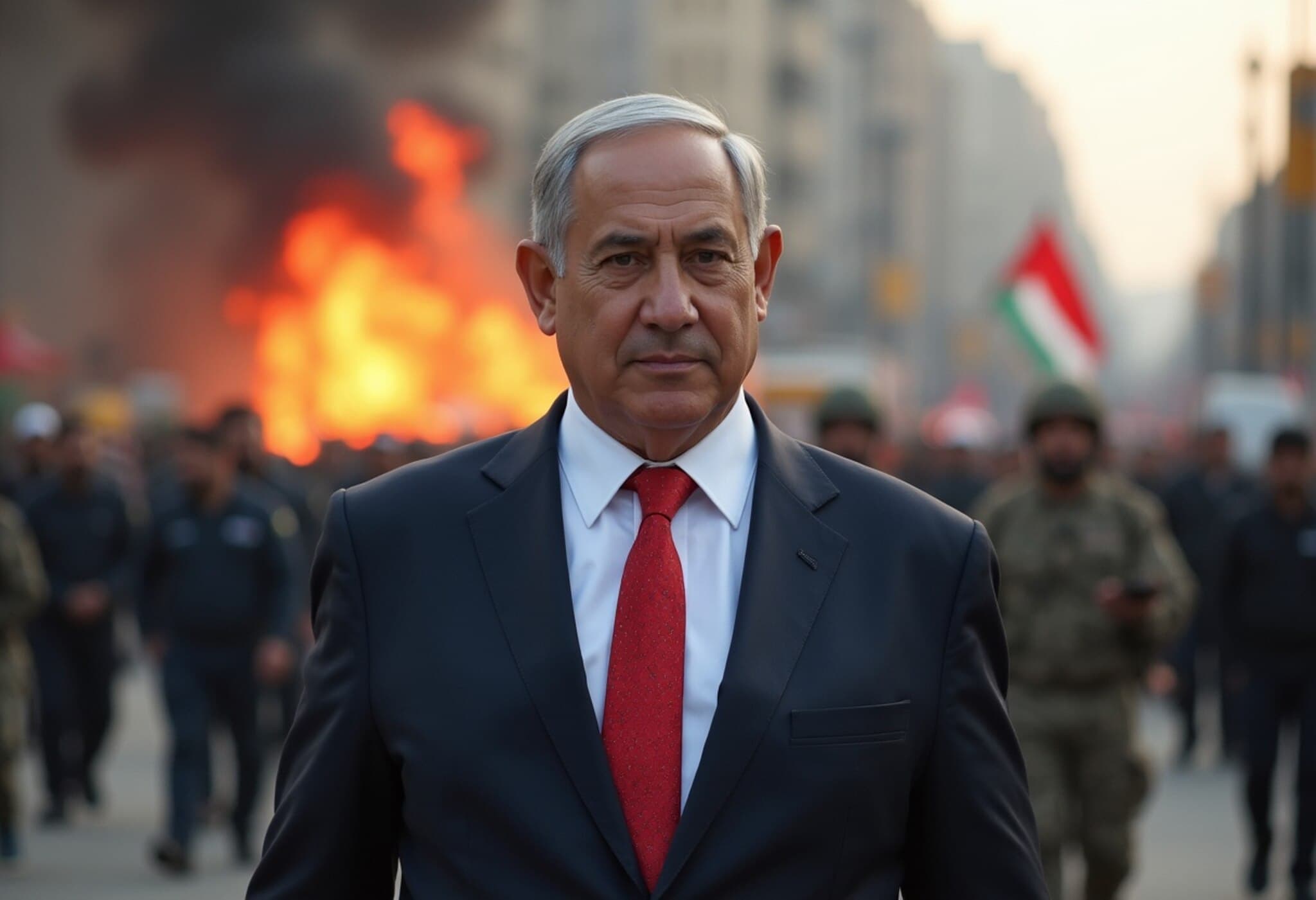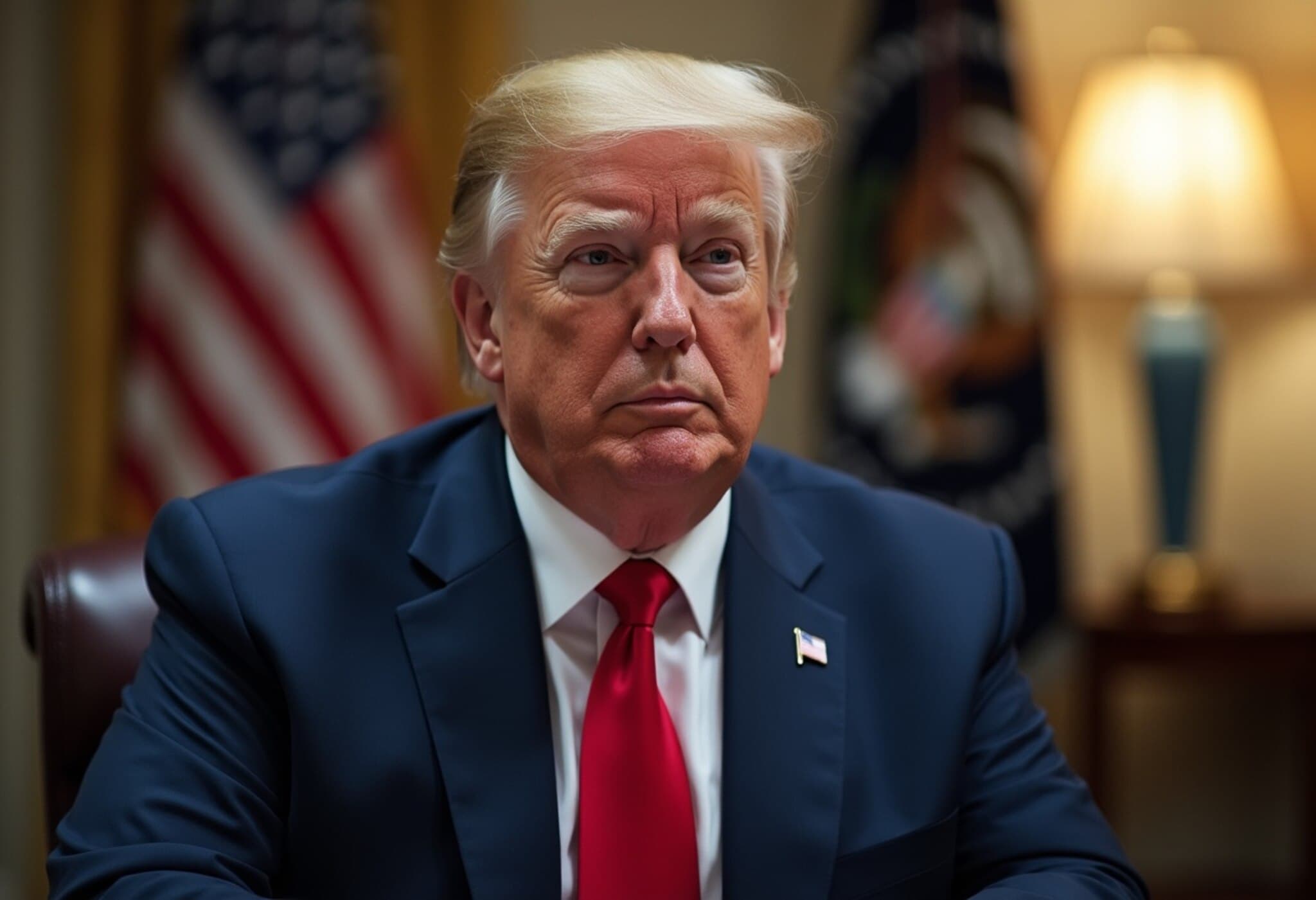Israel Faces Crucial Decision Following Failed Ceasefire Negotiations in Gaza
As hopes for a ceasefire fade, Israeli Prime Minister Benjamin Netanyahu is preparing to convene his security cabinet this week to chart the nation’s next course of action in Gaza. The imminent decisions come after indirect peace talks brokered in Doha collapsed, casting uncertainty over the future of the conflict that has devastated the region.
Backdrop: Ceasefire Talks and Their Breakdown
Last week, US Middle East envoy Steve Witkoff visited Israel aiming to forge a path toward ending hostilities in Gaza. His efforts centered on a US-backed plan proposing a 60-day ceasefire incorporating humanitarian aid deliveries into Gaza and a prisoner exchange—a release of half the hostages held by Hamas in return for Palestinian detainees imprisoned in Israel.
Despite initial optimism, no agreement was reached. Israeli officials and negotiators perceived a widening gap in key demands. In particular, Israel insists upon a comprehensive resolution that includes the total release of hostages, the dismantling of Hamas’s military capabilities, and the demilitarization of Gaza—all seen as vital prerequisites for durable peace.
From Diplomacy to Military Options: Israeli Strategic Shifts
Following the talks’ collapse, voices within Israeli leadership have started advocating for escalated military measures. Some senior officials suggest expanding the current offensive throughout Gaza, even considering annexing parts of the territory—a drastic shift reminiscent of Israel’s past territorial claims. This approach signals a hardening stance, reflecting frustration with Hamas’s unwillingness to negotiate.
- Annexation Proposals: Finance Minister Bezalel Smotrich and National Security Minister Itamar Ben-Gvir have pushed for imposing Israeli military rule over Gaza before annexing it and potentially restoring Jewish settlements dismantled two decades ago.
- Military Concerns: However, Israel’s military leadership remains cautious. The Israeli Defence Forces (IDF) are wary of an expanded offensive that could further endanger approximately 20 hostages reportedly still alive within Gaza.
Lieutenant Colonel Nadav Shoshani, an IDF spokesperson, emphasized, "We have different ways to fight the terror organization, and that's what the army does," indicating that while options remain, there is no unanimous consensus on the path forward.
Internal Divisions and the Quest for 'Strategic Clarity'
Israeli Army Chief Eyal Zamir has voiced frustration over what he terms a lack of clear political direction amid the protracted conflict. Military officials warn of a potentially grinding war of attrition if strategic objectives aren’t sharply defined.
Amid this uncertainty, Netanyahu’s inclination towards expanding the Gaza offensive highlights the tension between military pragmatism and political ambitions, with serious implications for civilians, hostages, and regional stability.
International Initiatives and Palestinian Perspectives
On the diplomatic front, Qatar and Egypt have recently endorsed a declaration crafted by France and Saudi Arabia promoting steps toward a two-state solution. A key component of this initiative calls on Hamas to disarm by transferring authority to the Western-backed Palestinian Authority.
Yet Hamas remains defiant. While it has indicated some willingness to relinquish political governance to a non-partisan authority, it has consistently refused disarmament and stresses that any post-conflict arrangements must arise from internal Palestinian consensus rather than external dictates.
Analyst Insight: The High Stakes of a Complex Conflict
The situation encapsulates a complex interplay of military, political, and humanitarian challenges. The impending cabinet discussions come at a time when Israel faces the difficult choice between pursuing a military strategy with potentially severe human costs and revitalizing diplomatic channels under increasingly strained circumstances.
For American policymakers, the collapse of the ceasefire negotiations underscores the challenge of balancing support for Israel’s security with the urgent need to alleviate Gaza’s humanitarian crisis. Analysts warn that without a clear, realistic strategy that addresses the underlying political grievances, the cycle of violence and instability risks intensifying.
What Lies Ahead?
Israel’s Foreign Minister Gideon Saar summed up the cautious mood, acknowledging the persistent gaps between parties. "We would like to have all our hostages back. We would like to see the end of this war. We always prefer to get there by diplomatic means, if possible. But of course, the big question is, what will be the conditions for the end of the war?"
As Israel’s leadership deliberates, the international community watches closely. The decisions made in the coming days will shape not only the trajectory of the Israeli-Palestinian conflict but also regional security and diplomatic relations for years to come.
Editor’s Note
The unraveling of ceasefire talks and the prospect of military expansion in Gaza cast a spotlight on the urgent need for strategic clarity in resolving the conflict. Readers should consider the human toll behind political calculations and the delicate balance between security and humanitarian imperatives. How can sustained peace be achieved when trust between parties is deeply fractured? Will international diplomatic efforts find renewed momentum amid mounting military pressures? These questions remain critical as the situation evolves.

